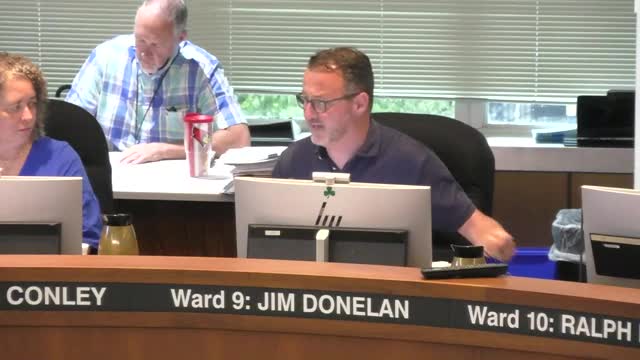Article not found
This article is no longer available. But don't worry—we've gathered other articles that discuss the same topic.
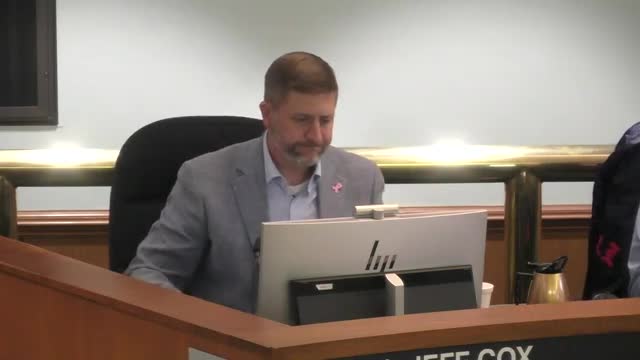
Aldermen raise tow-truck parking and response-time enforcement concerns
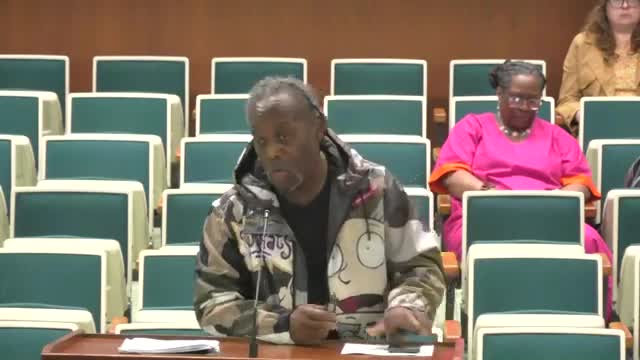
Public commenter alleges targeted police surveillance and names officers for investigation
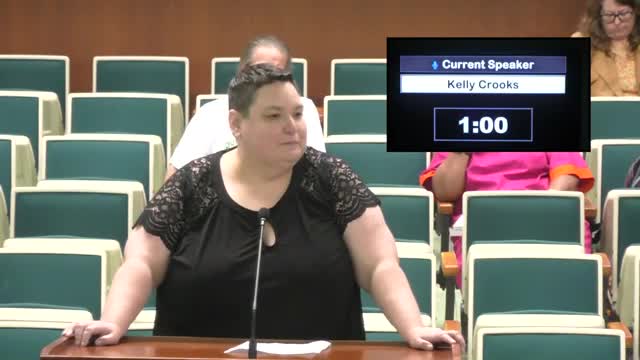
Business owners, residents raise alarm about downtown decline and Wyndham closure
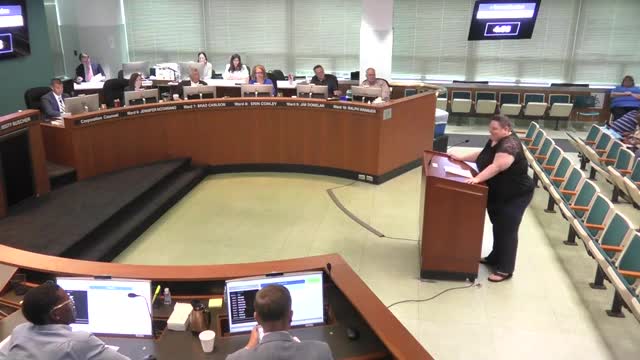
Clinical social worker urges council to fund youth crisis center and expand affirming services
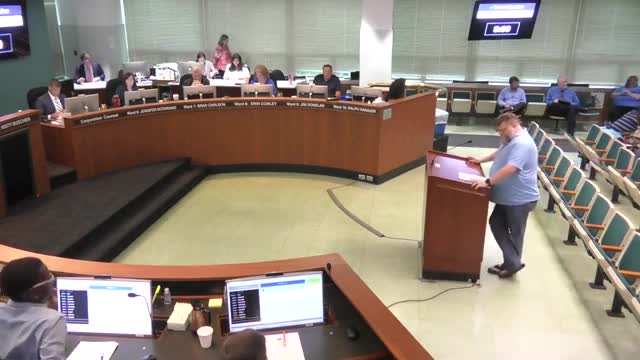
Resident urges city to pilot lockable trailers as temporary shelter for unhoused individuals

Council tables secondhand-dealer licensing for debate after aldermen raise yard-sale concerns
